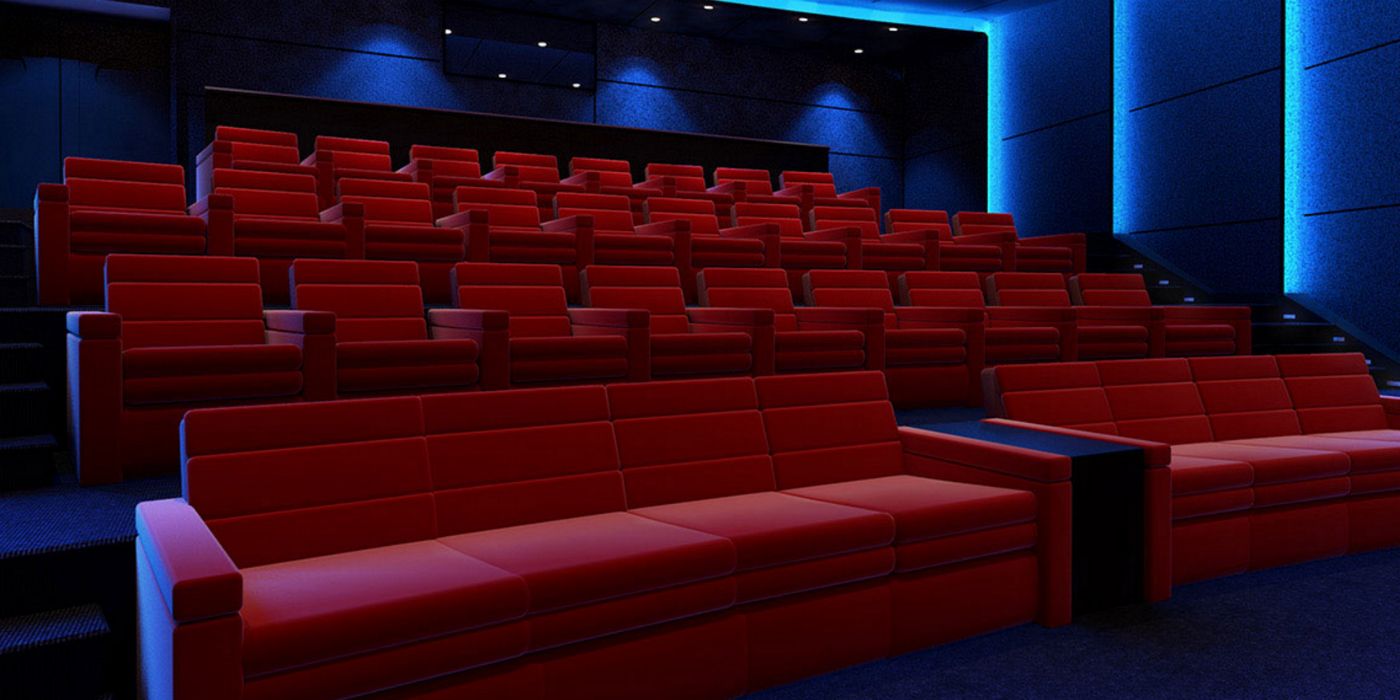Ever since the debut of home video technology in the late 1970s, Hollywood movies studios and the filmmakers they employ have grappled - often at odds - over how home viewing should be integrated into their business model. Video has unquestionably provided additional revenue for post-release movies and aided in the cause of film preservation, in addition to giving overlooked films a "second chance" at an audience. However, changes to the length of time between theatrical and home release are traditionally resisted both by movie theater owners and filmmakers, who would prefer their work to be seen on the big screen.
Between the rise of Streaming services like Netflix, "on-demand" options - which now come packaged with most basic cable and satellite services - having become integrated into most mainstream viewing habits and many smaller, independent films opting for a delay-free dual release (or bypassing theatres completely), it's been clear for awhile now that major changes to the home release model are already on the way. With even theatrical-purists like Martin Scorsese inking deals with Netflix now, the transformation seems to be accelerating at a faster pace than before.
Variety is reporting that several of the major movie studios - including Universal, Paramount, 20th Century Fox and Sony - have entered into aggressive negotiations with multiple large movie theaters chains, with the goal of hammering out agreements that would ultimately lead to new films being released to home-viewing platforms within mere weeks (possibly even days) of theatrical release. This follows reports that Warner Bros. in particular is pushing for a new home release model that would see films made available for home viewing 17 days after their release, for a 48-hour rental period (at a $50 cost).
While the infrastructure of such a shift would still have yet to be determined (see: whether studios would utilize existing streaming platforms, dedicated services of their own or partnerships with emerging formats like the same-day "Screening Room" concept from Sean Parker), getting major theater chain owners to agree to such changes is the key roadblock to beginning such a process. In the past, theater chains have threatened to retaliate by limiting screen space to films whose studios opt for too-short release windows, in favor of a more theater-friendly product (see the scuttling of a same-day strategy for the film Tower Heist, back in 2011). Studios are now betting that the evolving market and popularity of "value-added" theater tech like 3D and "interactive" releases, will have made theater chains more amenable.
Adding to the studios' urgency: the market for DVD and Blu-ray releases has continued to decline, with some major retailers considering removing dedicated home media sections altogether. While deals are not yet in place, studios are angling to have made serious progress in time for the 2017 CinemaCon industry trade show in late March.
Source: Variety


